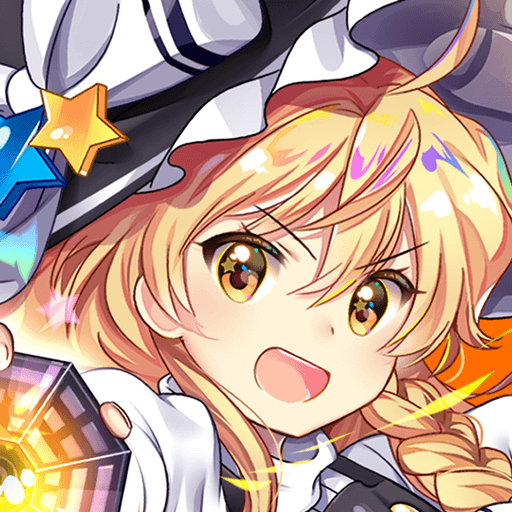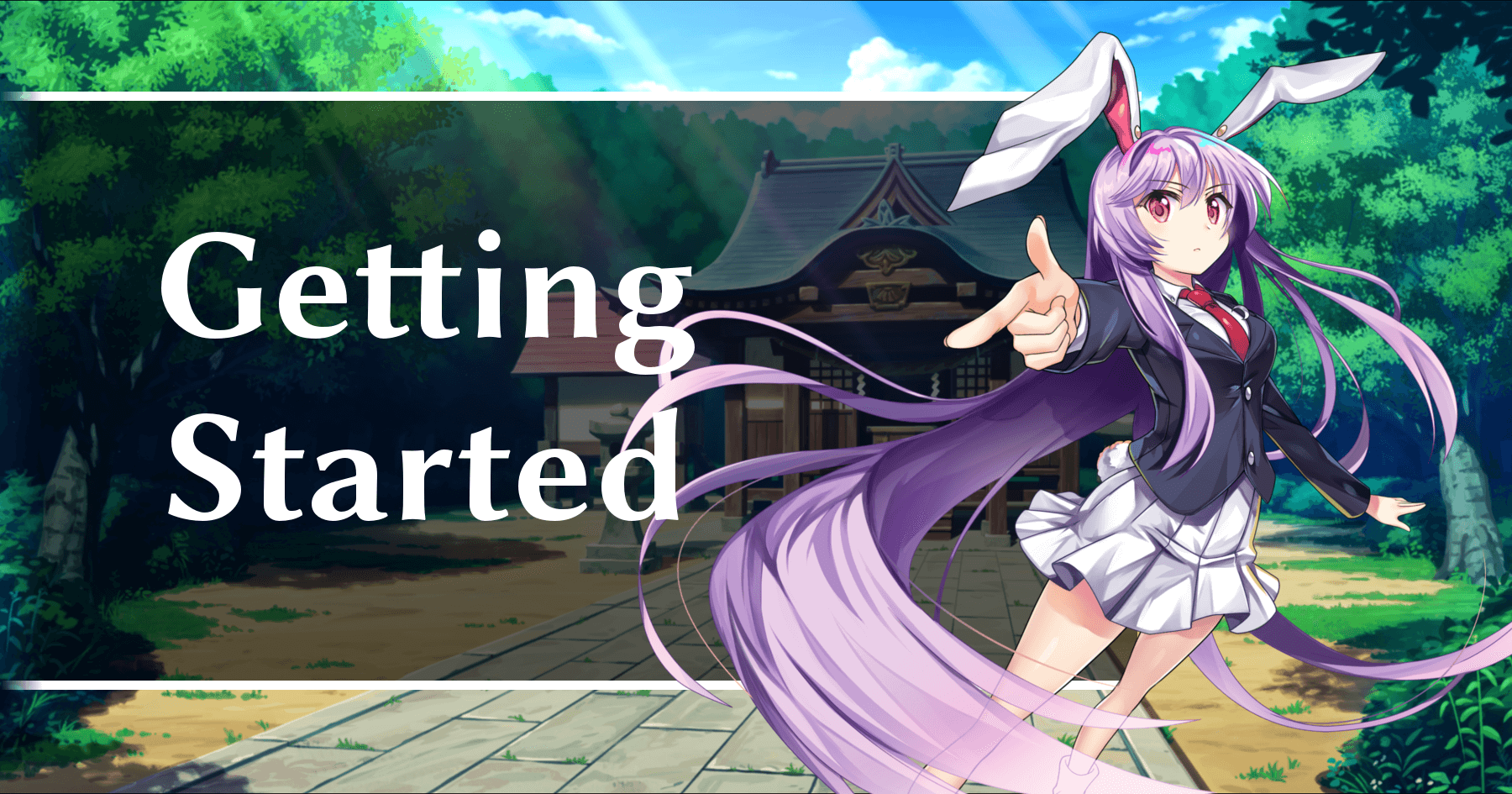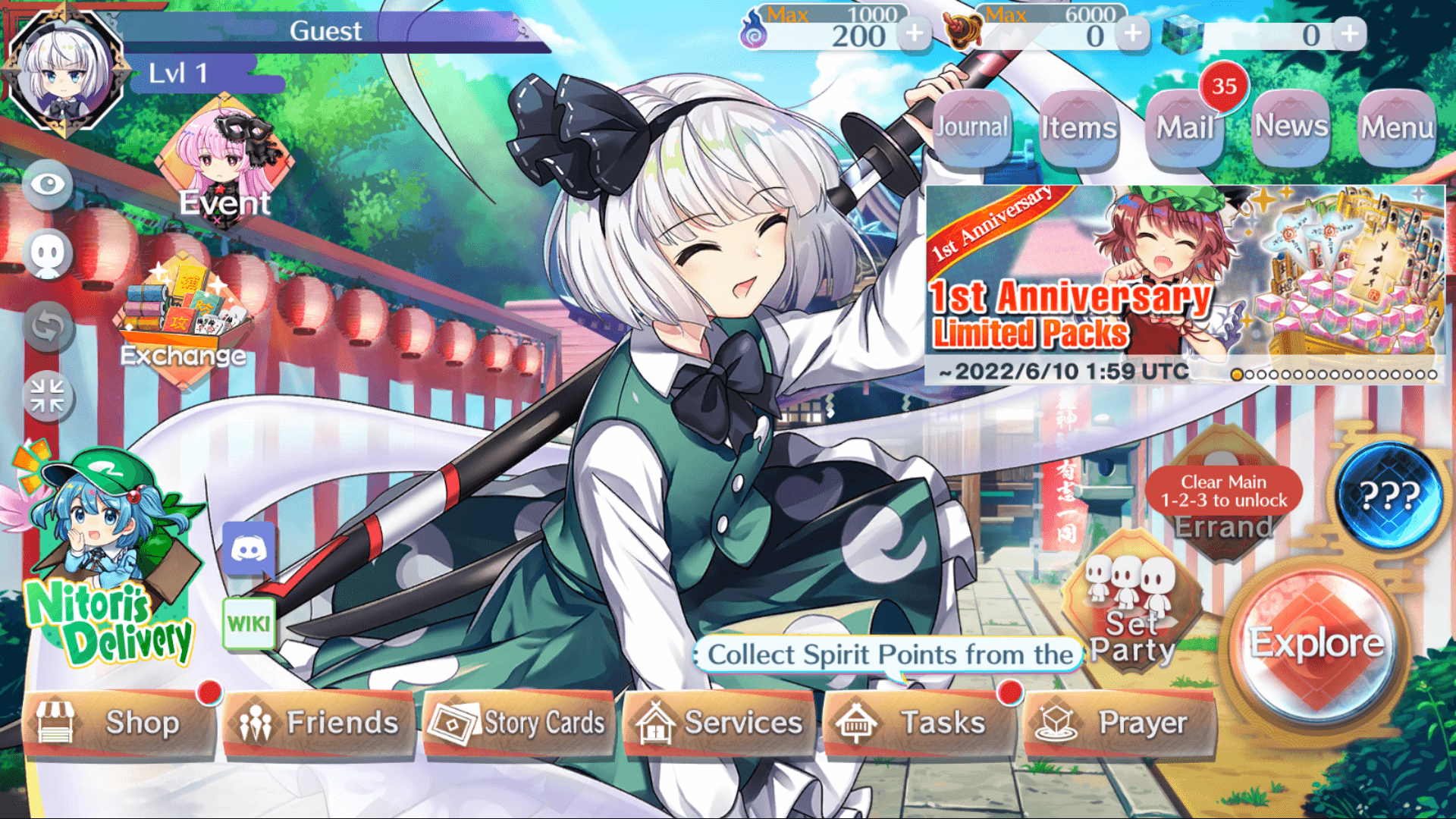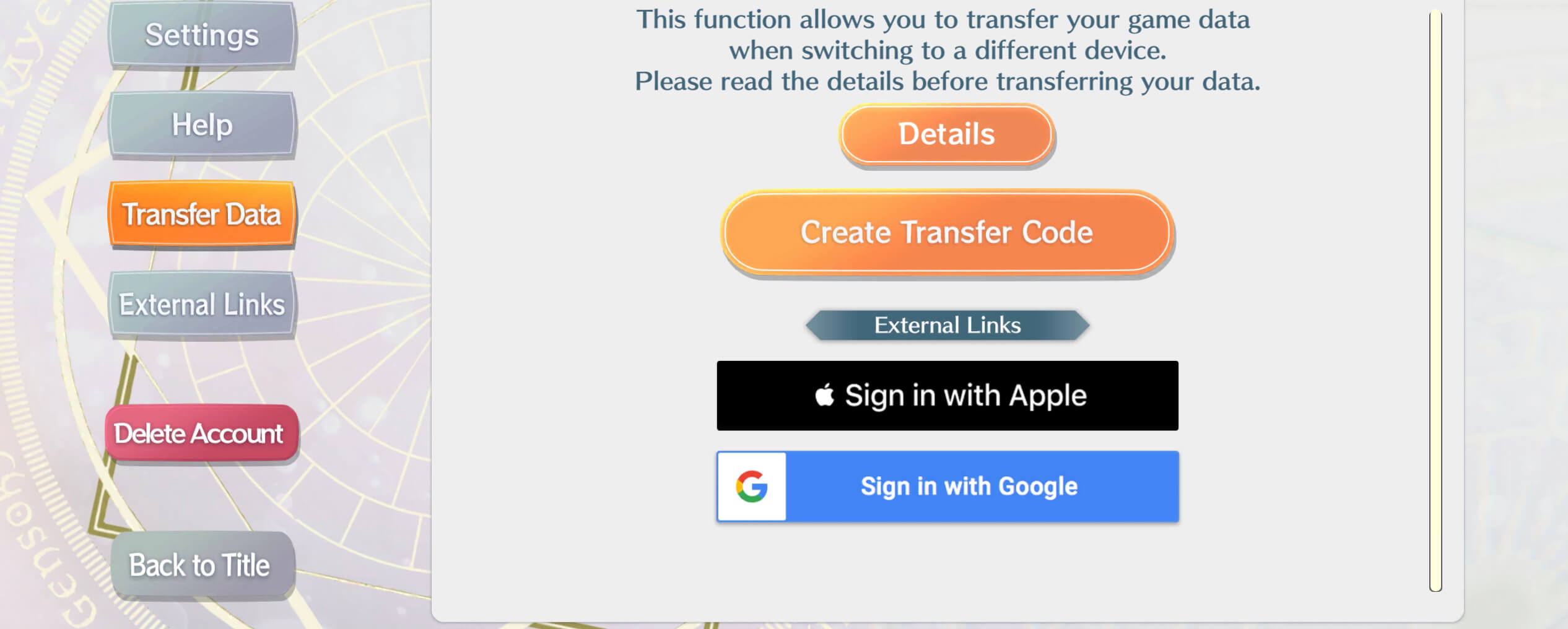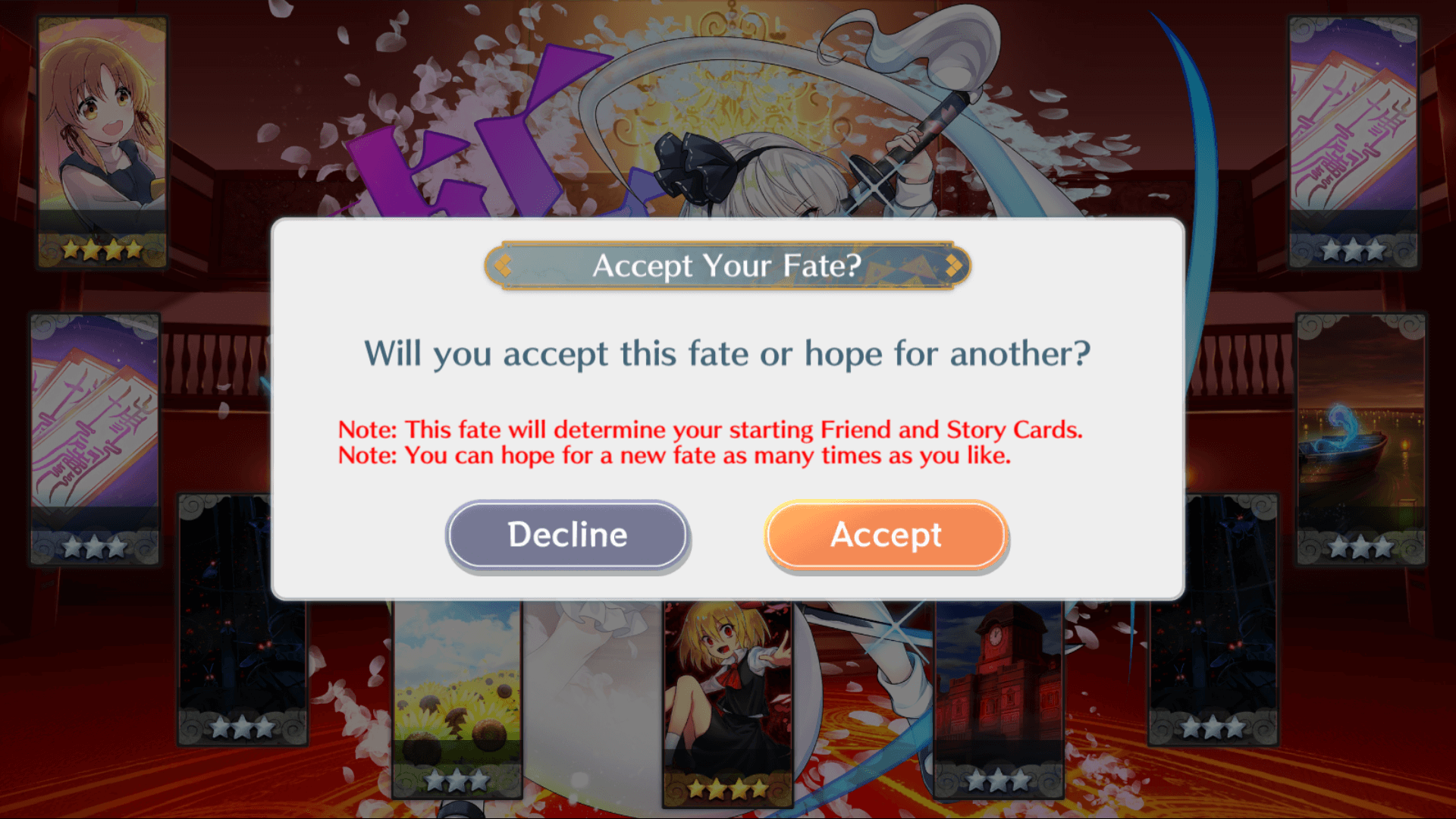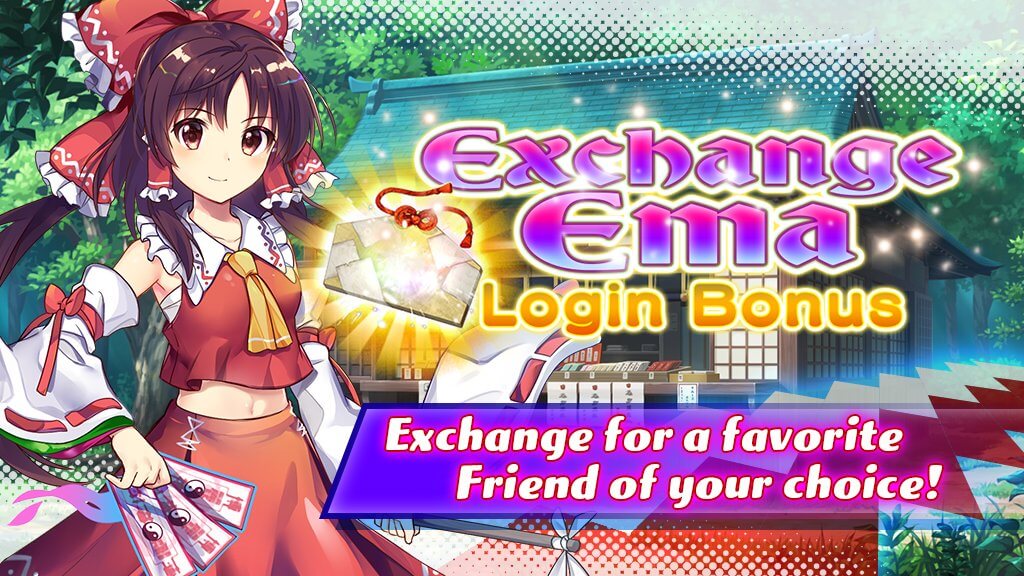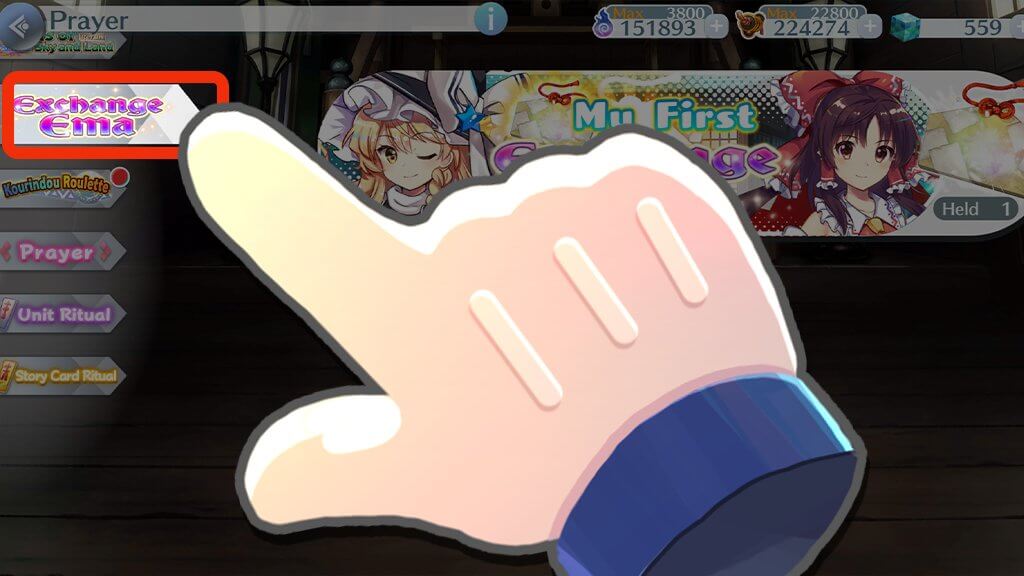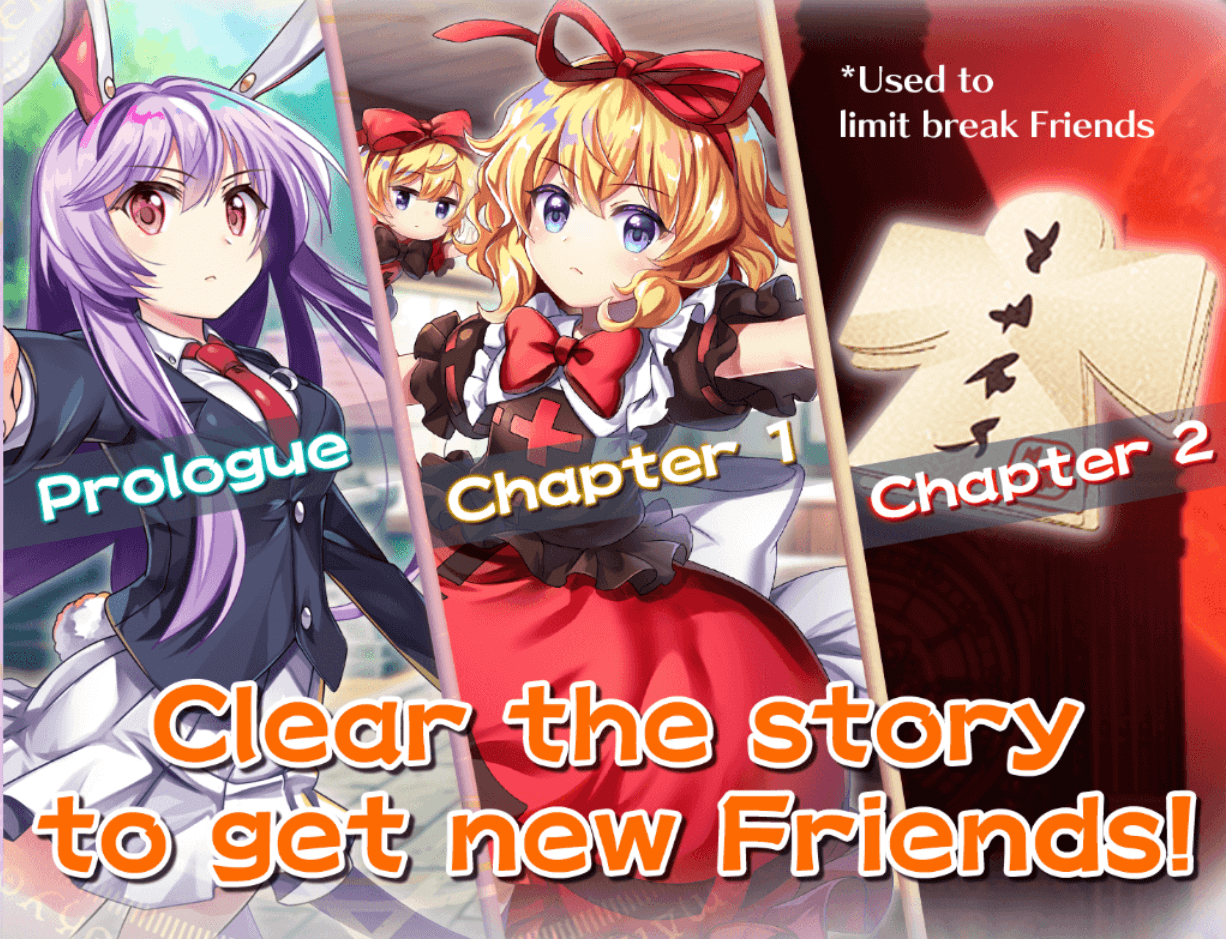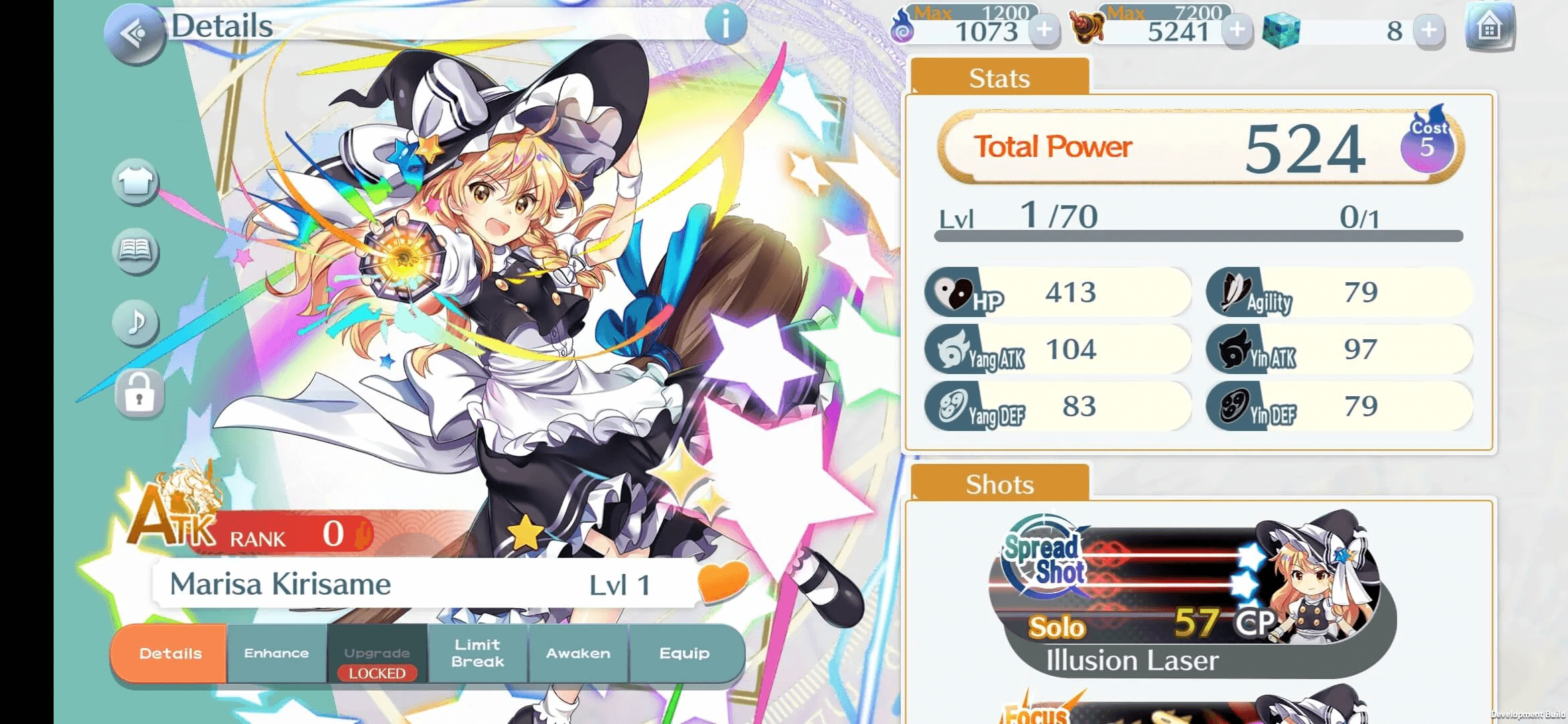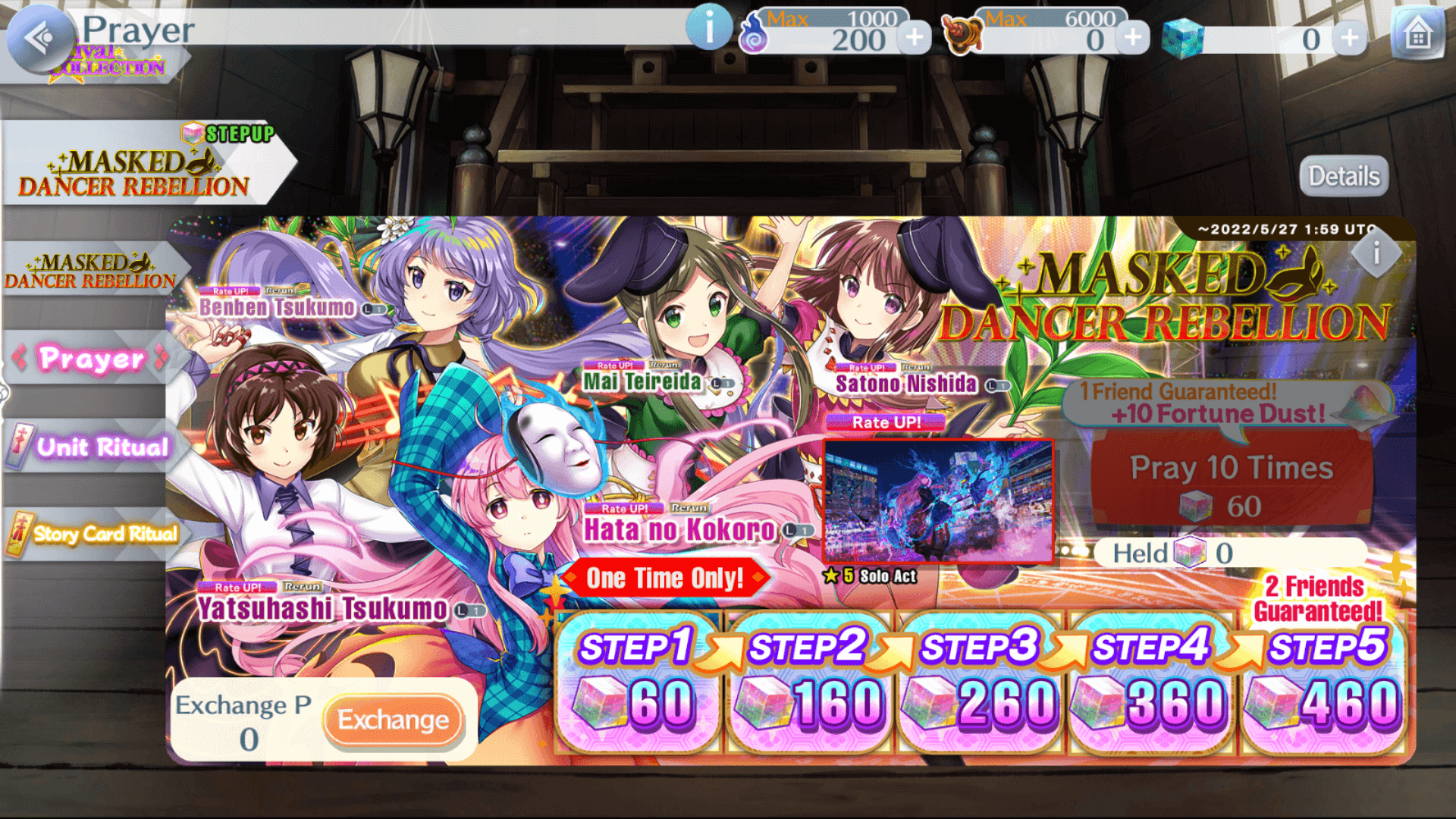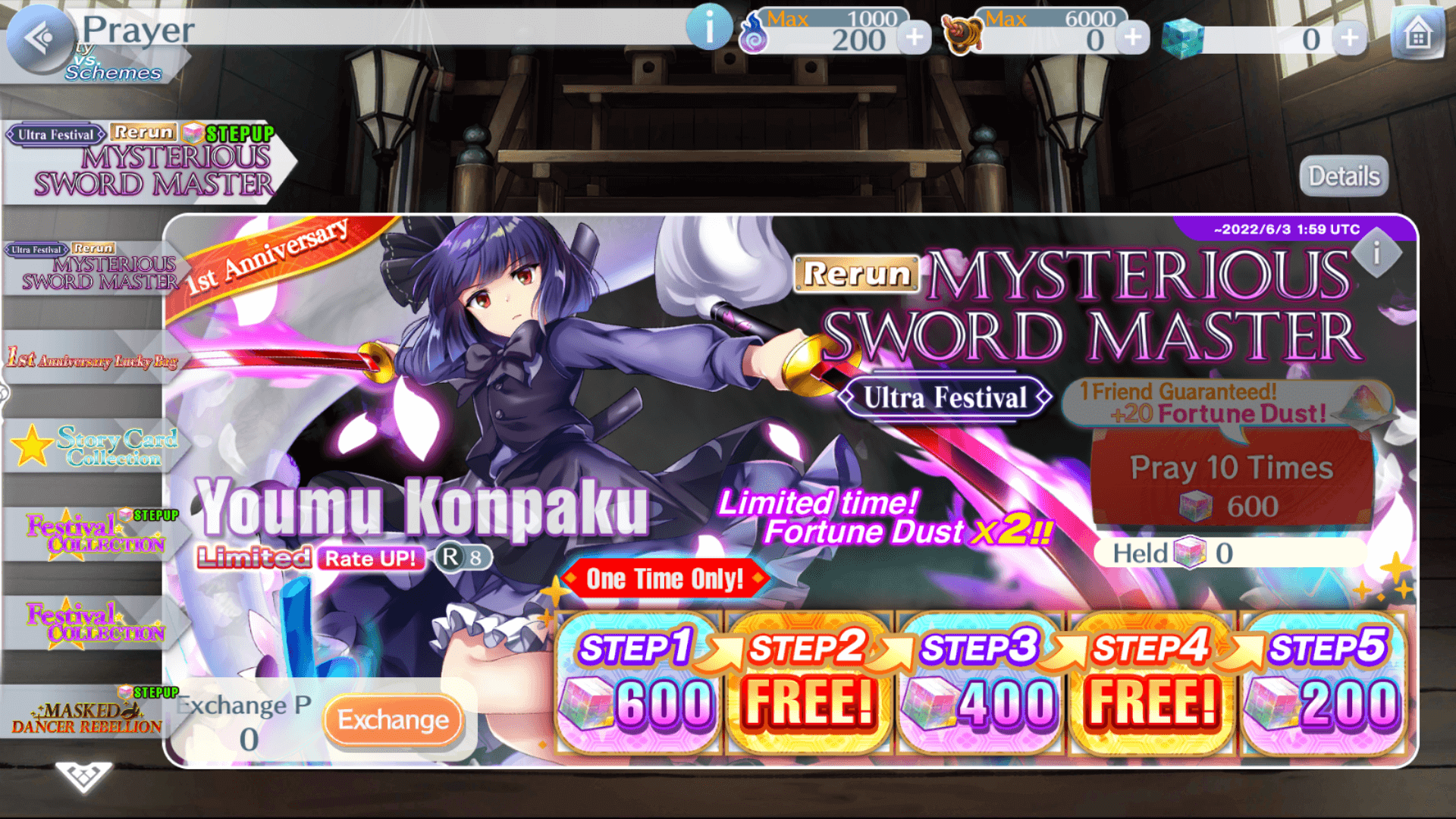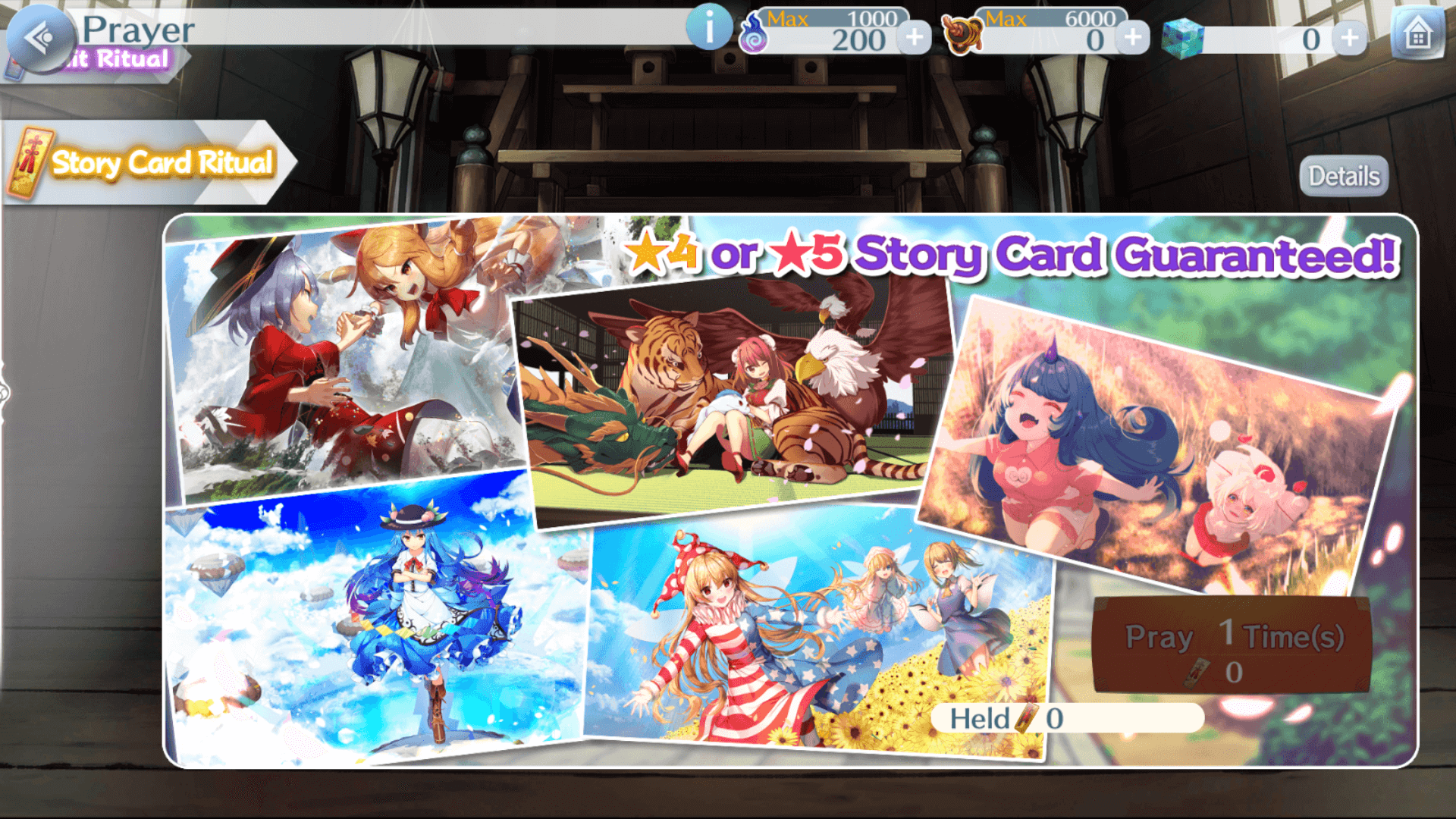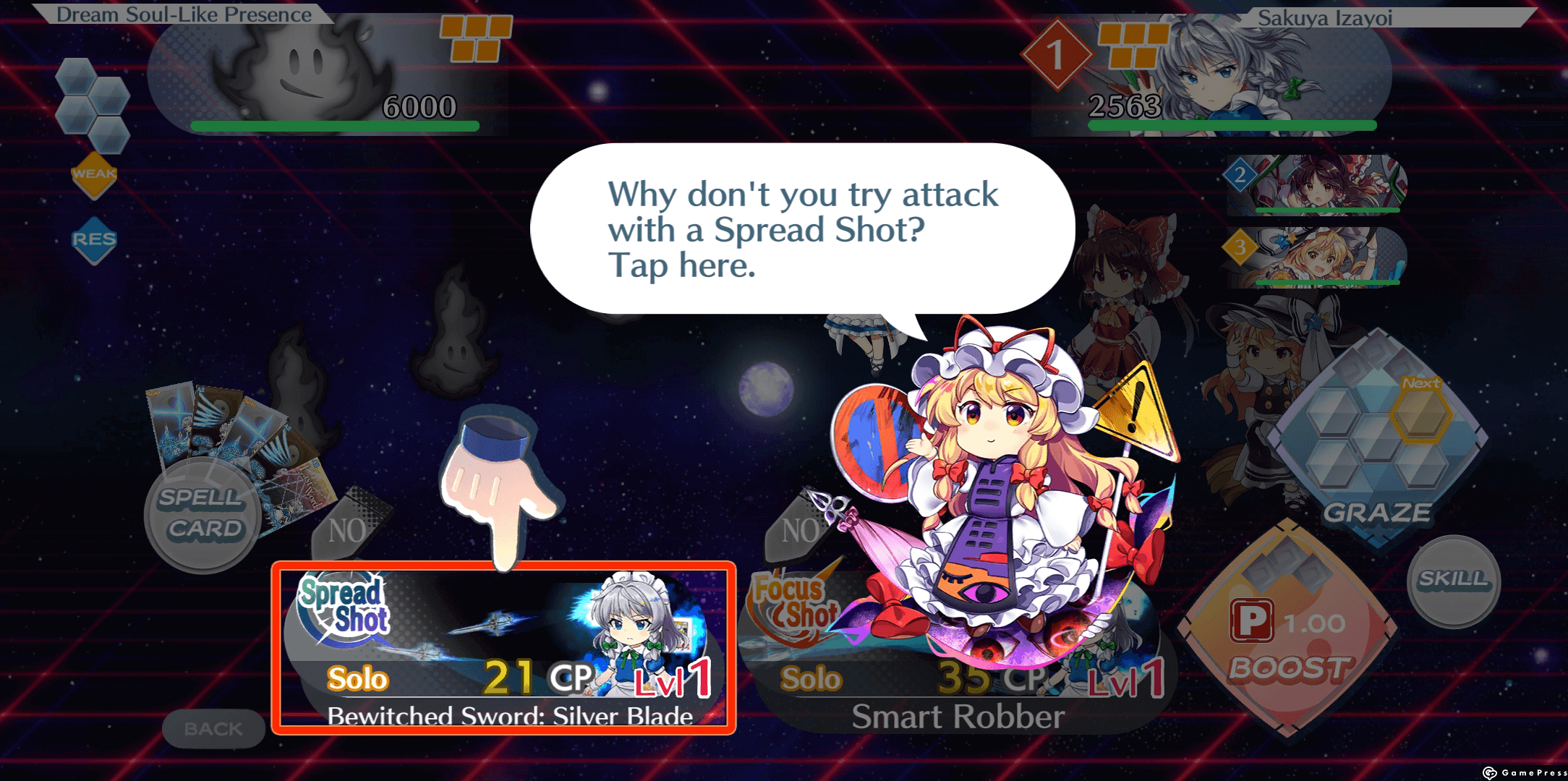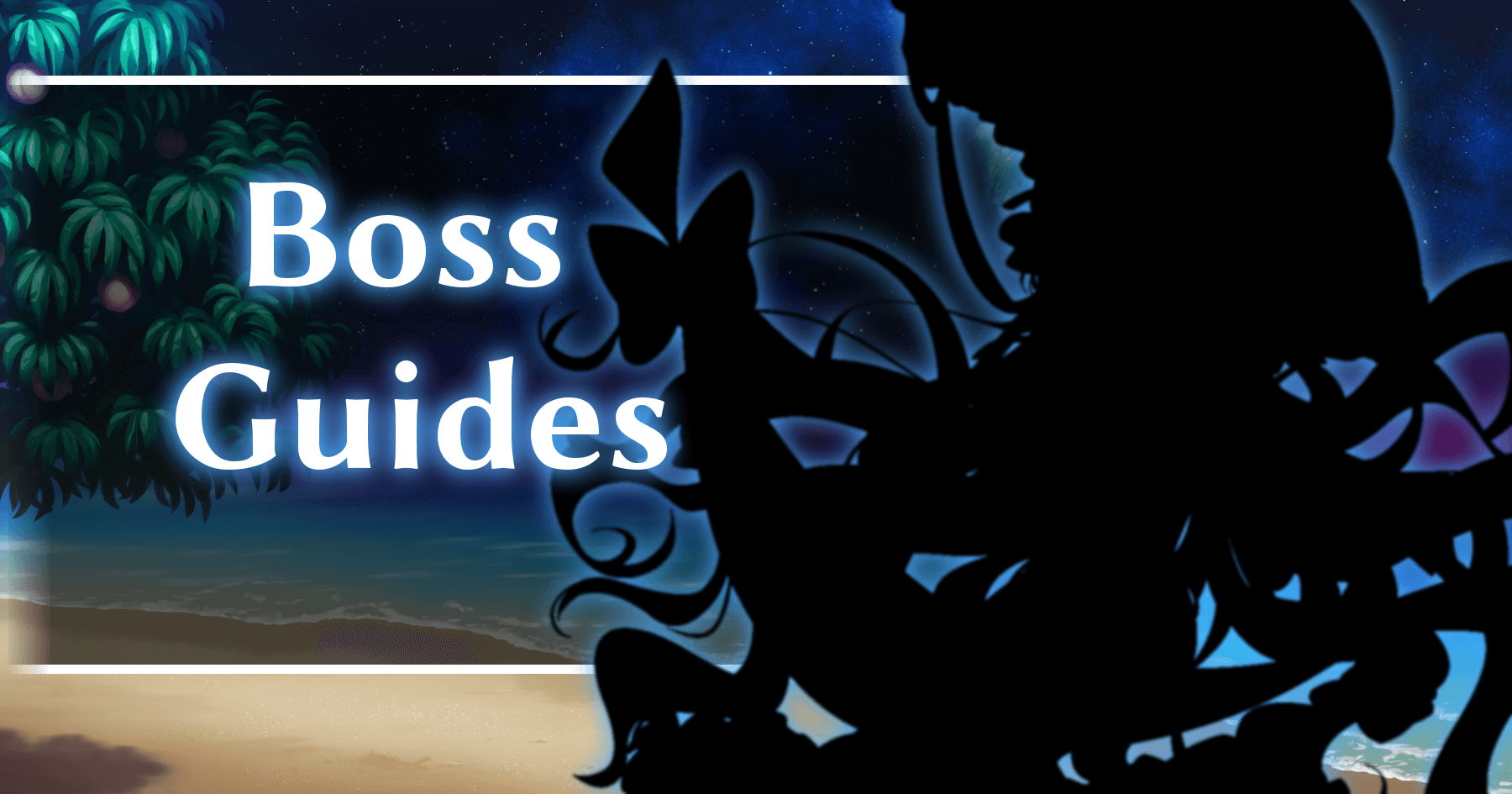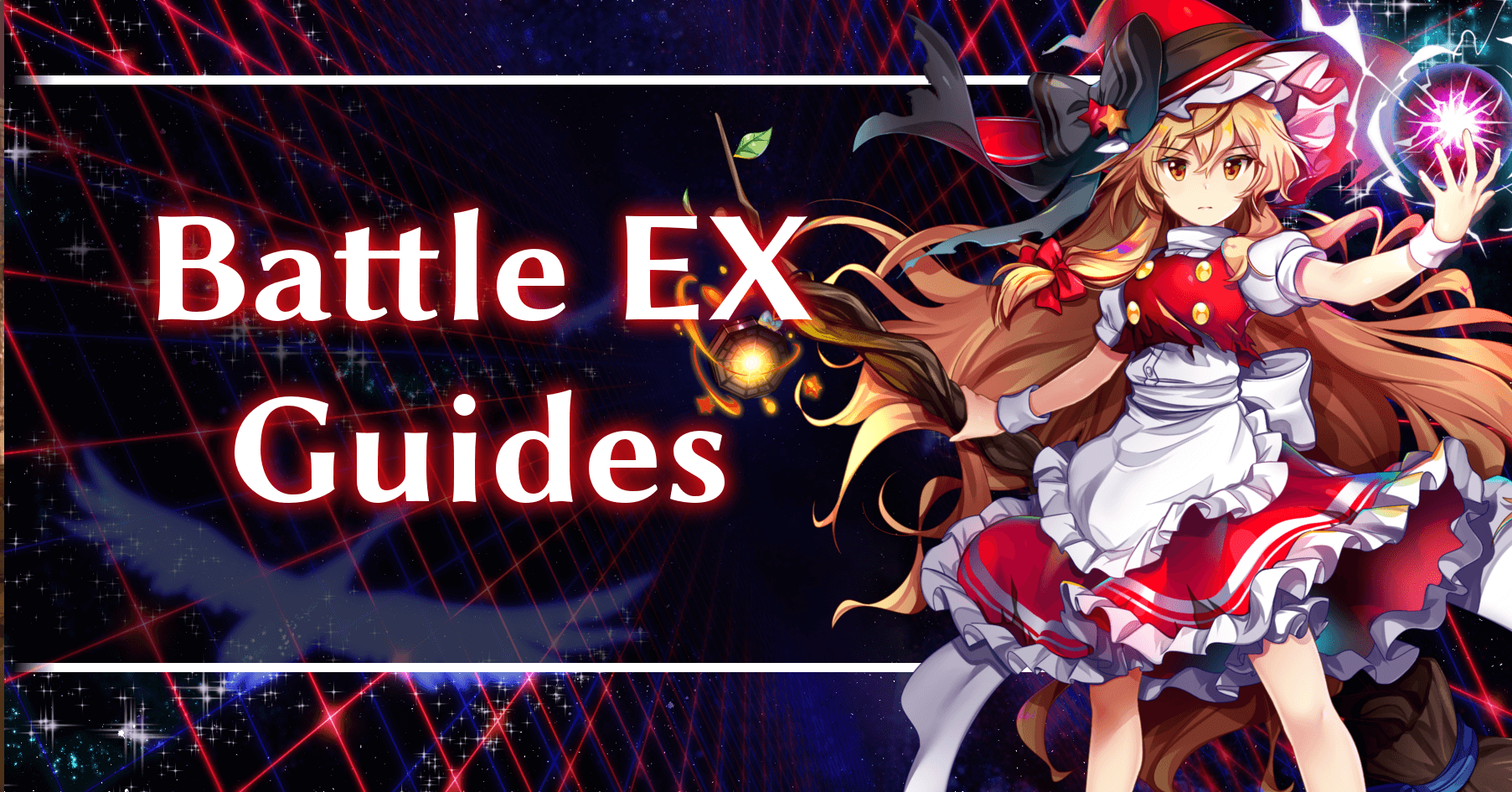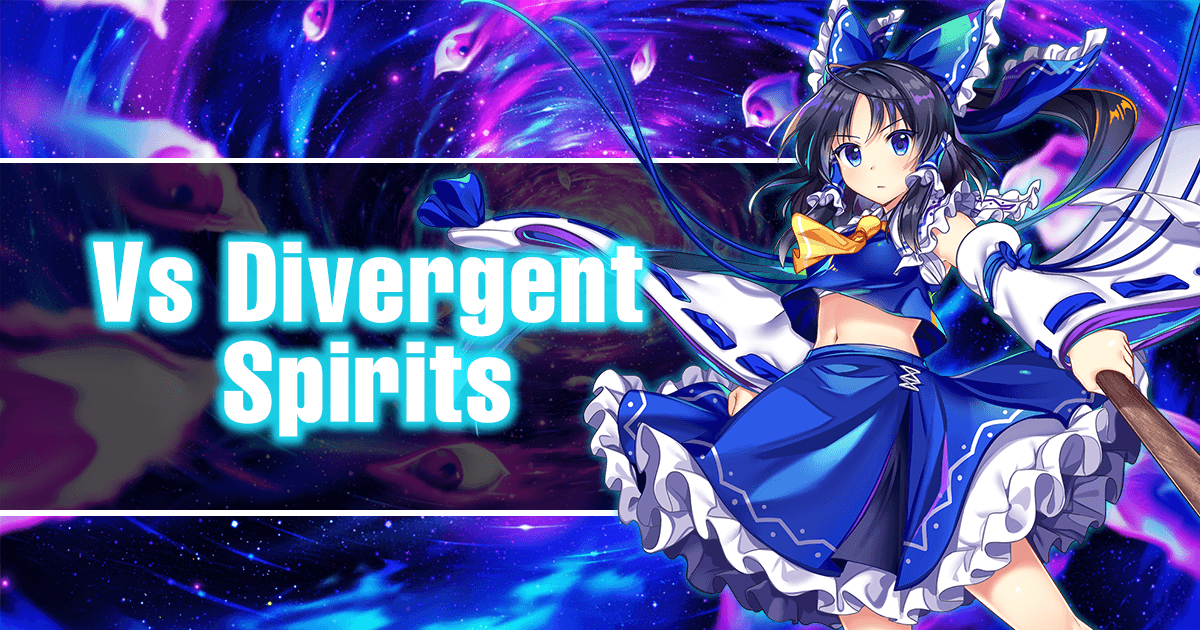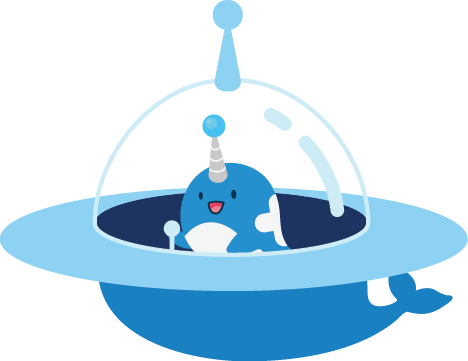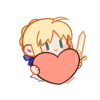What is Touhou LostWord?
Touhou LostWord is a Touhou RPG officially licensed by Team Shanghai Alice. As a spin-off from the main series, combat revolves around turn-based strategy with inspiration from the original bullet hell games, with visual novel-like storytelling and professional music, artwork, and voice acting created by many famous music circles, actors and others passionate about the Touhou series. Whether you’re a fan of the official Touhou games, fan games, or normally just enjoy the characters in fan art and music, there’s something for everyone to enjoy in LostWord.
Downloading Touhou LostWord
Touhou LostWord is available for free on the App store for iOS users and Google Play Store for Android. To download the game, simply visit the link of your respective system.
Touhou LostWord is available in many different countries. However, if it does not show up in your country's App Store/ Play Store, that means it is not available. In this case, there are still a few options available, such as waiting for Touhou LostWord to become available in your country, or downloading the game through a different country's App Store/ Play Store.
Account Linking
Touhou LostWord provides ways to secure your account. This is important to ensure you do not lose the hard earned progress you have made through the game in the scenario that your data is lost, either through device malfunction or uninstalling the game.
For Android OS: You can Sign in with Google or make a Transfer Code.
For iOS: You can Sign in with Google, Link your Apple ID or make a Transfer Code.
For Both: You can Create a Transfer Code in order to secure your account.
Important: Always make sure to have a Transfer Code in case of account emergency.
How Do I Play Touhou LostWord?
While the game does provide a nice tutorial on how to play the game, things might get overwhelming at first. Here are some common terms in the game to take note of before starting:
Glossary
-
Friends: These are the playable characters of the game. Friends are primarily obtained via Prayer, but are sometimes obtained from special game campaigns.
-
News: News updates are posted here for anything about Maintenance, bug fixes, and the like.
-
Items: You can check to see what costumes, materials, and various currencies you have.
-
Mail: Items which are sent through login bonuses and the like are sent here. These have an expiry date aside from Nitori’s Delivery items, which do not expire.
-
Journal: A tab where you can reread past stories that you’ve played through, Look at Friends and Story Cards you’ve collected, and listen to Friends’ voices.
-
Menu: You can set a transfer code, adjust your settings, and external links to the official webpage and official twitter.
-
Seal Crystals/God Crystals: These are the currencies used for Prayer. Seal Crystals are obtained for free via login bonuses, clearing stages, and more methods, while God Crystals can be obtained for free via Limited Errands, Tower floors, some Tasks, and some limited time campaigns but are primarily paid and can be used to purchase Costumes.
-
Coins: The main transactional currency of the game. Coins are used in many activities, from Prayers to strengthening Friends. They can be earned through clearing almost any type of stage, various quests, login bonuses, doing events, and other promotions.
-
Spirit Points (SP): The other main currency of the game, this is like the "Stamina" of the game. Stages with battles will cost Spirit Points to attempt. Spirit Points are also used to purchase food for the School.
-
Story Cards - These serve as the equipment for your Friends. A maximum of 5 Story Cards can be equipped to each Friend at Max Limit Break; one for each Spell Card a Friend has. When equipped onto Friends’ Spell Cards, story cards grant various bonuses, such as stat increases, bullet type damage increases, element type damage increases, etc. Story cards can be obtained from Prayer, events, log-in rewards, and specific Story Stages.
-
Story Stages: The story of the game. Main Story and Hifuu LostWord can be split into these identifiers: Chapter number, Episode number, and Stage number counting from bottom to top. For example, Chapter 1, Episode 5, Stage 4 is known as 1-5-4.
-
Difficulty Levels: There are three main difficulties for the game: Normal, Hard, and Lunatic. For Main Story and Hifuu LostWord, you must complete all the stages in the current difficulty in order to unlock the next one. In events, you can directly access the next difficulty of a stage after clearing it. Lastly, for Arena, you are able to select up to 5 difficulties: Easy, Normal, Hard, Lunatic, and the recently added difficulty called Phantasm.
-
Exchange Shop: A central hub for Event Exchange shop, Token shop, Coin shop, and Fortune Dust shop. Token Shop uses Tokens to exchange goods and resets everyday at server reset (0:00 UTC). Coin Shop uses Coins to exchange for goods and resets every 8 hours (6 AM, 2 PM, and 10 PM UTC). Both shops can have their stock reset with God Crystals but it is heavily not recommended. Lastly, the Fortune Dust Shop uses Fortune Dust consists of some rare materials, like Ring of Fate and Divine Paper Doll, and resets every month.
-
Daily Stages: Stages that which have a good drop rate on materials. These stages open based on the day of the week with Sunday opening all of the stages. These stages can normally be done 3 times.
-
Extra Stages: A set of Stages in either Events or Story which have a good drop rate on Gold materials. These Stages can only be cleared 3 times a day.
-
Shrine: A facility that restores a set amount of Spirit Points over time, which can be claimed at any time. Can be upgraded with Coins to provide a greater storage capacity and restoration over time.
-
Offering Box: A facility that restores a set amount of Coins over time, which can be claimed at any time. Can be upgraded with Coins to provide a greater storage capacity and restoration over time.
-
School: A resourceful area which allows you to store a maximum of 5 of your Friends in it. Here, they can gain EXP passively as well as doubling their natural morale restoration.
-
Dojo: Another resourceful area which allows you to train the Skills of a maximum of 3 Friends at a time, massively increasing their effectiveness.
Character Terminologies
-
Enhancement: Enhancements, by using up Wood, it increases the stats of a Friend further.
-
Superior Enhancement: This feature is an extension of the Enhancement tab which uses up Superior Wood acquired from Arena, first 3* clear Elemental EX, and campaigns.
-
Rank: By using up materials on the upgrade tab, it can be used to unlock passive and skills of a Friend.
-
Limit Break: By using duplicates or Paper Dolls, you can unlock more spell cards on your characters. Once they are limit broken 3 times (also known as Max Limit Break or MLB for short), they will have access on their Last Word. As duplicates and Paper Dolls can be limited in number, it’s recommended to prioritize one character at a time. Keep in mind that Ultra Festival Friends use a different type of doll called Divine Paper Dolls.
-
Awakens: Awakening can increase a character’s stats, spell card effects, and spell card power at the cost of increasing their SP cost. As such, it is recommended you awaken on a case by case basis.
-
Morale: This is the amount of runs that you can do before a character gets exhausted. If they have Great morale (as indicated by 2 sparks), then they will get 20% more EXP. If their morale is Exhausted (as indicated by 2 sweat drops), then their EXP gain is cut in half and lose friendship levels if you persist on using them.
-
Friendship: An indicator of what affection your characters have which contributes to stats as it increases. There are 5 Friendship thresholds: Purple (So-so), Blue (Acquaintance), Green (Friend), Orange (Close Friend), and Pink (Best Friend). Purple Heart (So-so) is the lowest among the five and will only be acquired if you persist in using the Friend during Exhausted morale. Blue Heart (Acquaintance) is the base affection that characters have after acquiring them for the first time. Green Heart (Friend) is when the unit starts to get stat bonuses and at this level threshold, the Friend effectively gains a 3% stat bonus. Orange Heart (Close Friend) is the second to the last threshold which effectively gives a 6% stat boost. Pink Heart (Best Friend), the max Friendship level that characters will reach, effectively gives a 9% boost. You also unlock different dialogue per Friendship level with each Friend.
-
Fantasy Rebirth: By maxing out a Friend’s Level, Skills, Rank, and Awaken, you can “reset” them to Level 1, but their overall stat gain will increase considerably when leveled back up to 100 compared to pre-Fantasy Rebirth. The Friend’s SP cost per battle increases from 12 to 14.
Starting Out
The initial part of Touhou LostWord is Remilia's fate roll. You are given a set of story cards and one Friend which you can choose to decline to roll for another set (also known as rerolling) or accept and move on to the tutorial. The best units among the bunch include L1 Youmu Konpaku and L1 Cirno Below is the pool of Friends you can get in this roll:
| Friend Icon | Friend Name |
|---|---|
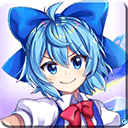
|
L1 Cirno |

|
L1 Marisa Kirisame |
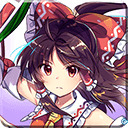
|
L1 Reimu Hakurei |

|
L1 Reisen Udongein Inaba |
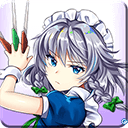
|
L1 Sakuya Izayoi |
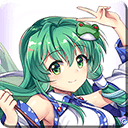
|
L1 Sanae Kochiya |

|
L1 Youmu Konpaku |
However, rerolling is not necessary. You will get an Exchange Ema in your Mail which can be used to exchange for a powerful L1 Friend. At the same time, there runs a campaign by clearing Chapter 1 which gets you L1 Medicine Melancholy. For a new player, prioritizing the unit you traded from the Exchange Ema and L1 Medicine Melancholy after for limit breaks is ideal as these characters will help expedite your progress significantly. However, some characters may be better to prioritize over the ones listed. For an idea, check out the tier list!
Character Raising
Characters are primarily leveled up through battle, but can also gain levels passively by leaving them at School. Leveling up your characters can typically be done through events, which give the most amount of friend EXP at base. However, some campaigns will run that increase the EXP gain in Main Story and Hifuu LostWord. In addition to levels, characters can also get stronger by enhancement (requires enhancement items), learn new Spell Cards by Limit Breaking (requires a duplicate character or a rare currency called Paper Doll), and level up Skills through the Dojo (which uses up Books). You can also strengthen a character through awakening, which uses up tokens (attainable from selling characters or story cards).
Prayers
Prayers are your primary way of obtaining Friends and Story Cards. Each roll requires either 1500 Coins and 5 Seal Crystals for one draw, or 15000 coins and 50 Seal Crystals for a ten-draw. It costs 600 God Crystals for a normal premium ten-draw that guarantees one Friend. There is an alternative option, which is to use God Crystals to roll where it costs 600 God Crystals for a normal premium ten-draw that guarantees one Friend. There are also Step UP banners which is categorized into Ascending (60 God Crystals > 160 God Crystals > 260 God Crystals > 360 God Crystals > 460 God Crystals) and Descending (600 God Crystals > FREE > 400 God Crystals > FREE > 200 God Crystals).
As you roll on one banner, you gain exchange points which can be used to exchange for a character and/or a story card. Different types of characters have different exchange rates. 5* Story Cards require 50 exchange points, General friends require 100 exchange points, Festival friends require 150 exchange points, and Ultra Festival friends require 250 exchange points. If you fail to use these exchange points at the banner's duration, they will be converted into Spirit Points which is sent to your Mail without any expiration date.
You can acquire Seal Crystals from the following sources:
- Errands
- Daily Tasks
- Weekly Task
- Maintenance Compensation
- Login bonuses
- Coin and Token Shop
- Story and Event Stages
Another way of getting Friends and Story Card is through the use of Guaranteed Friend Rituals and Guaranteed Story Card Rituals. These items are usually acquired through events via its Exchange Shop and Milestone, as well as Tower and special campaigns. Guaranteed Friend Rituals are used in the Unit Ritual tab which consists of Friends from the General Friend pool and Guaranteed Story Card Rituals are used in the Story Card Ritual tab with a pool of 4* and 5* Story Cards. Do note that the Ritual pools are occasionally updated so it will take some time before some General Friends and Story Cards become available in this section.
Combat
Combat is most of the active gameplay in Touhou LostWord. It is turn-based, where players select an action for each character/use a skill, then let the turn play out.
Every turn there are a couple of different options to choose from. The player can choose non-active actions:
-
Graze: A Friend is given 4 usable barriers and 1 unusable barrier. These 4 barriers can be used to graze attacks and not take any damage. If all 4 barriers are used up and the unusable barrier is broken, then the character experiences Full Break.
-
Full Break: Full Break stuns a Friend for two turns, dispels all buffs and debuffs, and makes them vulnerable to most attacks.
-
-
Boost: By using up Spirit Power, a Friend can power up their attacks and in some cases, make their spell cards have stronger effects.
-
Ability: Some Friends have added benefits from their abilities such as doing more damage to enemies who resist them, gaining buffs from boosting, grazing and many more.
Next, the player can choose a combat action:
- Skill: Skills are power ups usable in battle which can be leveled up for better effects in the Dojo.
-
Shot: There are two types of shot: Spread Shot and Focus Shot. For a general idea on their differences, Spread Shot is usually designed to give more spirit power and Focus Shot leans more on dealing more damage.
-
Spell Card: Depending on which Friend you are using, spell cards are a type of attack that brings out either a powerful attack to your enemies or an Aid type that does not attack enemies but supports your team instead by healing or buffing them. Last Word is a separate category of spell cards which acts as an extremely powerful spell card with the sacrifice of disabling your Friend to use the remaining normal spell card they have.
Story Progression
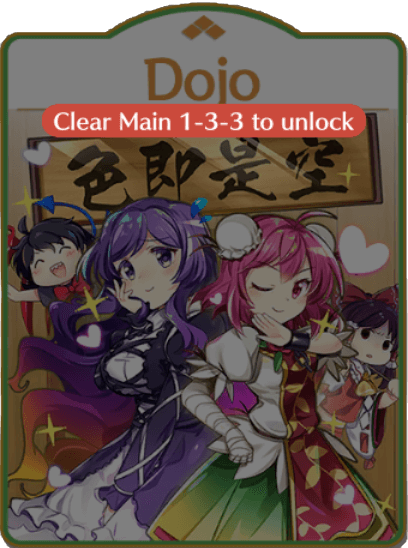
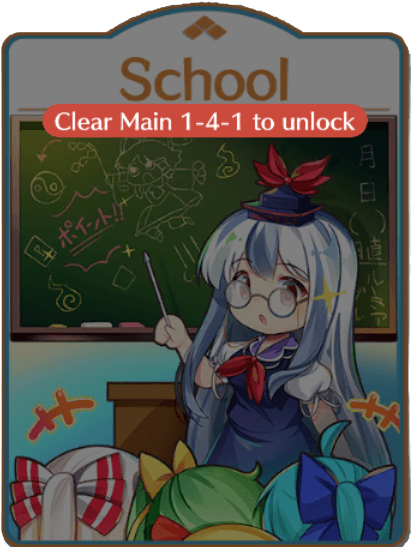
Touhou LostWord prides itself on having a strong narrative campaign. Stories can be read by selecting them on the mission screen, or revisiting unlocked stories in the library. Additionally, not all missions have battles tied to them. Playing a mission with battles will cost Spirit Points. This cost is based on how many characters you deploy, and how awakened they are. You can see how much a character will cost to deploy on their stats screen.
As a new player, it should be in your best interest to progress through Story until you unlock all of the features that the game offers. Here are the list of features to be unlocked as you progress through the Story:
- Kourindou Roulette: after clearing Prologue, restart your game and you will be prompted to the Roulette section.
- Events tab: Clear Prologue
- Hifuu LostWord: Clear Prologue
- Errands: Clear 1-2-3 Normal
- Dojo: Clear 1-3-3 Normal
- School: Clear 1-4-1 Normal
- Upgrade: Clear Chapter 1
- 3rd Errand Slot: Clear Chapter 1
- Tower: Clear Chapter 2 Act 2 Normal
- Arena: Chapter 3 Act 1 Normal
One of most notable features here is the Errands tab and related to that, the 3rd errand slot features. Errands are a main source of Seal Crystals, and to a lesser extent, God Crystals. As such, clearing the 1st chapter of the game is a good idea to start off. From there, you can progress further in the story to unlock some aspects of the game like Arena and Tower, both of which give rewards for doing them. However, it is recommended to start doing events first as they provide the majority of the resources for a new player to progress further while not being too difficult for a new player to clear.
Events
Under the Event tab, there are two types of events: Normal Event and Elemental EX.
Normal events consist of time-limited stages that let you gain two types of Event Points, namely normal Event Points and Rare Points. Normal Event Points can be used in Lottery for materials, spirit points, and coins. It can also be used in the Event Exchange Shop which contains materials, story cards, rituals, spirit points, and coins. Milestones for normal Event Points also exist to keep track of how many points you have gathered and also bring forth rewards once you reach certain thresholds. Generally speaking, you should at least try to secure 250,000 Event Points to get the Paper Doll in the Milestone rewards. On the other hand, Rare Points are used in the Rare Event Exchange Shop and, as the name suggests, these points have a low drop rate (around 5% at the hardest difficulty, which is Lunatic). The big things to prioritize in the event shop are Coins, Spirit Points, Doll, Friend Rituals, and Books.
Elemental EX, on the other hand, is a set of extremely difficult content catered towards end game players looking for a challenge. This content consists of only one type of Event Points that can be used to exchange for a powerful story card and/or spirit points. This type of event also provides a significantly higher drop rate for Gold materials like Scrolls, Tiles, and Books.
Services
Shrine and Offering Box both passively give Spirit Points and Coins respectively. Upgrading the Shrine gives good returns as Spirit Points are used to do fights. However, upgrading the Offering Box has diminishing returns as Events can give you at least 200,000 Coins. School is a place to passively level up your Friends while also providing morale to help them do more fights. As your player level increases, the friend EXP that School provides also increases. You can use God Crystals to unlock up to 5 total slots. Dojo, on the other hand, can be used to level up your Friend skills and make them even more powerful. In terms of skills, Power Generation and Accuracy are top priority, with ATK UP and Enemy DEF DOWNs coming afterwards, and everything else for the other levels. Just like School, you can use God Crystals to unlock up to 3 total slots.
The costs for unlocking the slots are listed below (note that GC = God Crystals):
- Dojo Slot Price: 200 GC
- School Slots Prices: 3rd Slot (120 GC) > 4th Slot (200 GC) > 5th Slot (320 GC)
In terms of spending God Crystals, it is best to prioritize the following:
- The 3rd School Slot is a great investment as it is the cheapest of the bunch coming at 120 God Crystals. By spending 120 God Crystals, you can expedite raising up multiple characters further by increasing their morale gain and passively leveling them up.
- The 3rd Dojo slot and the 4th School slot are equally valid options. If you believe that you have more characters to level up and raise, the 4th School slot may help out. On the other hand, the 3rd Dojo slot allows you to raise up multiple skills on multiple characters and thus help your account progress even further.
- Finally, the 5th School slot may be unlocked as another bonus Quality of Life option. However, this is more of a nicety rather than a necessity for the most part.
Endgame: Progression and Challenge
There are a few types of notable content that people can aim to do in the end: Elemental EX, Tower, Arena, and Story Card farming are just a handful of the content that you can do. Story Card farming is a way to progress your account as the story cards that are obtainable in Story are all powerful in their own right. In some cases, it may actually be better than anything that you can pull from Prayers. For an idea of what you can farm from the story, check out the story card farm guide linked below!
Arena provides people with a very good challenge as you fight against 4 waves of difficult enemies. With 5 difficulties to choose from, Phantasm Arena has the best rewards with it giving a substantial amount of superior wood and incense burners which help increase the stat cap of Friends.
Tower, on the other hand, is a set of floors that consist of difficult enemies that have specialized skills and mechanics such as gauge burst and locks to make progression difficult. However, you can also opt to retreat from these fights by going into the menu after 5 turns to whittle down the enemies. Tower can give you great rewards such as Divine Paper Dolls, Seal Crystals, God Crystals, gold materials, Paper Dolls, and Rituals.
Finally, as mentioned in the Events part of this article, Elemental EX consists of extremely difficult content catered towards end game players looking for a challenge. Unlike the usual events, this only has one type of Event Points which can be used to exchange two types of items in its own Exchange Shop, namely the featured story card of the stage and Spirit Points. This type of event stage rewards players with a significantly higher drop rate for Gold materials (Books, Tiles, and Scrolls). For an idea of what you can do to tackle these stages, check out the Elemental EX page!

